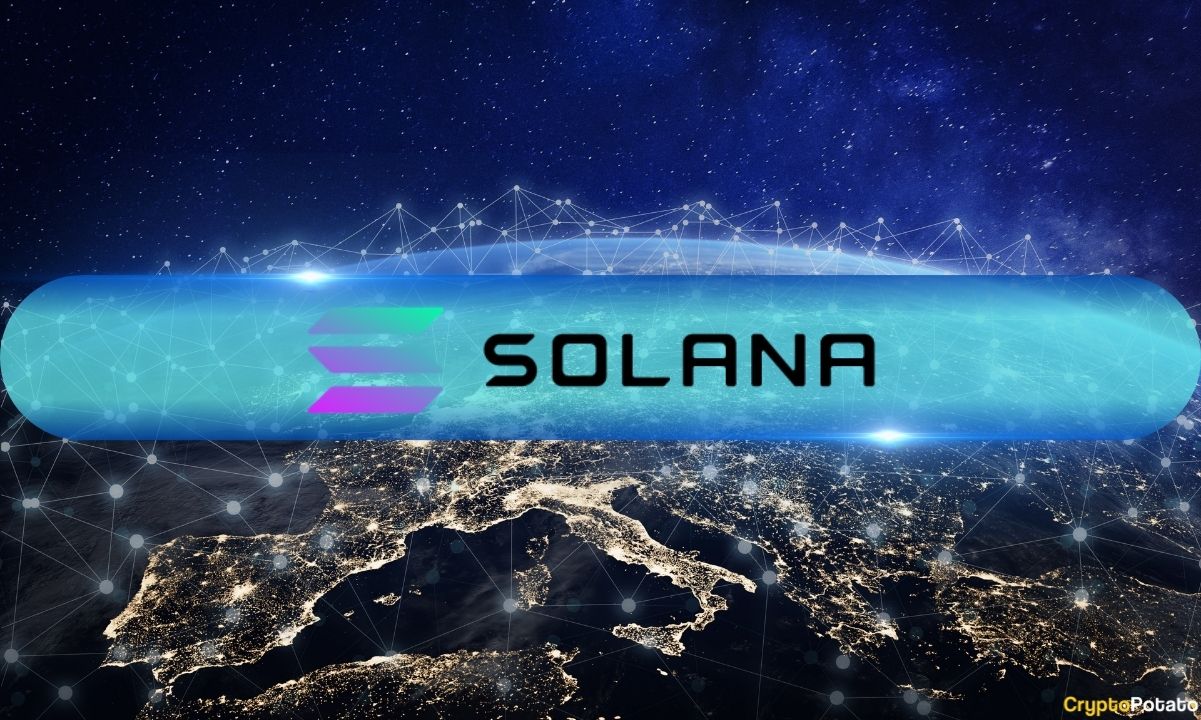
VanEck has introduced staking for its Solana Exchange Traded Note (ETN) in Europe, which currently has assets under management (AUM) totaling $73 million.
The Solana ETN, which trades under the ticker VSOL, will now enable investors to benefit from staking rewards that will be accrued and reinvested daily.
A Non-Custodial Staking Model
The announcement was made by VanEck’s Head of digital asset research, Mathew Siegel, in an October 21 post on X. According to him, the rewards will be included in the End-of-Day Net Asset Value (NAV) of the ETN, ensuring that investors can maintain daily liquidity.
An accompanying document reveals that the staking process for the Solana ETN is entirely non-custodial. It means that the owner of the assets retains complete control over the staked SOL tokens throughout the process.
This strategy is meant to mitigate risk by not exposing the assets to lending practices commonly associated with traditional staking methods.
According to the company’s marketing communication, investors are not required to take any action in the staking process, with any rewards they earn automatically included in the token equity of the ETN.
The rewards will also be distributed equally among investors, regardless of whether they purchased the ETN recently or have held it for a longer period. However, VanEck will deduct a 25% staking fee from the accrued rewards before distribution.
How Staking Works for the Solana ETN
The staking process begins with the delegation of Solana tokens held by the ETN. Maintained by an external staking provider, the validator earns inflationary rewards, Maximum Extractable Value (MEV) rewards, and block rewards on an epoch-by-epoch basis. However, control of the delegated SOL remains with the custodian while the assets are never removed from cold storage.
Once the rewards are accrued, they are reinvested daily into the ETN and reflected in its overall performance. Depending on the market and network conditions, VanEck says it may adjust the scale of the staking activity to ensure it remains fully liquid and redeemable at any time.
Meanwhile, the asset manager remains committed to launching a Solana exchange-traded fund (ETF) in the U.S. despite the regulatory landscape. Siegel previously asserted that the company will work with its exchange partners to advocate for its position on the offering to the relevant regulators.
This article first appeared at CryptoPotato
